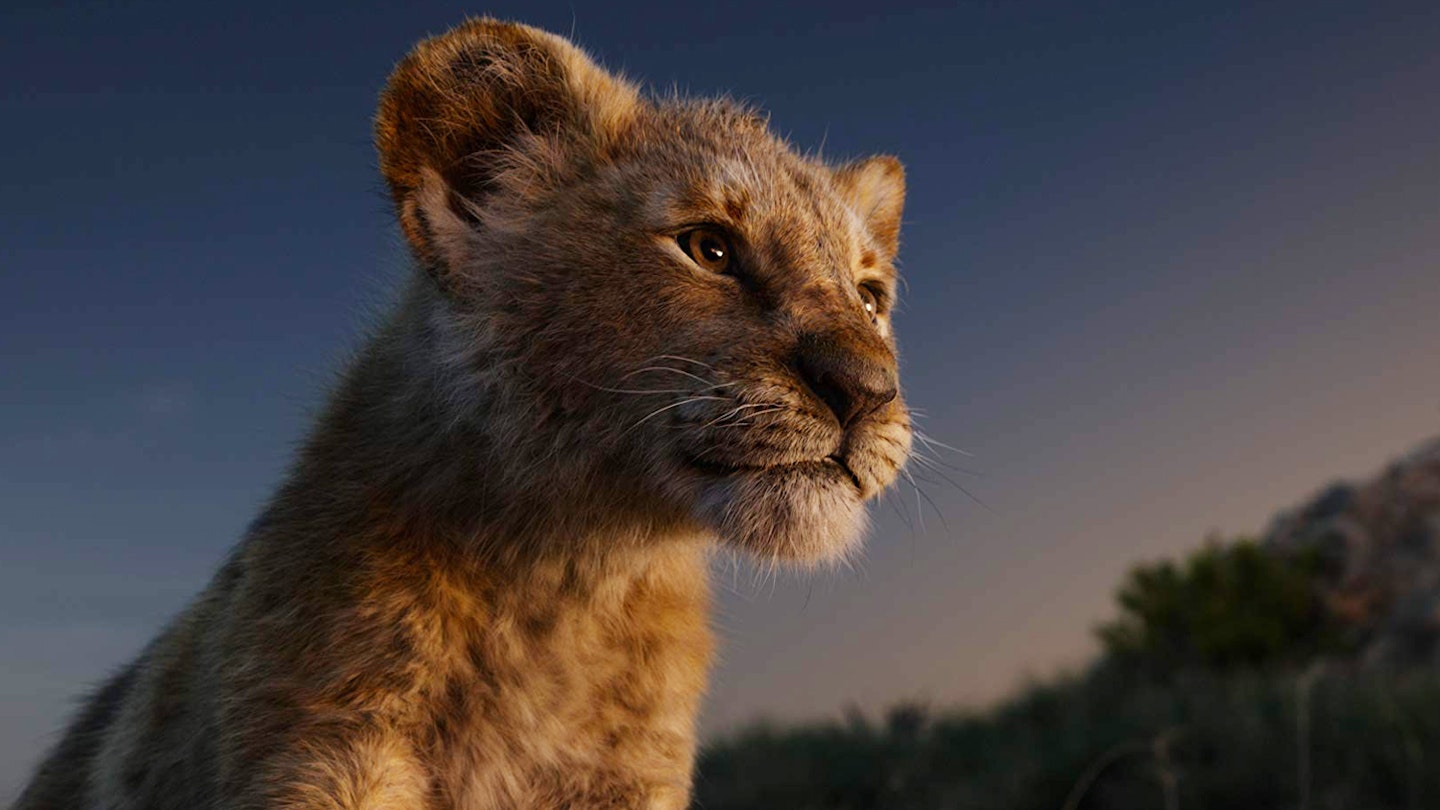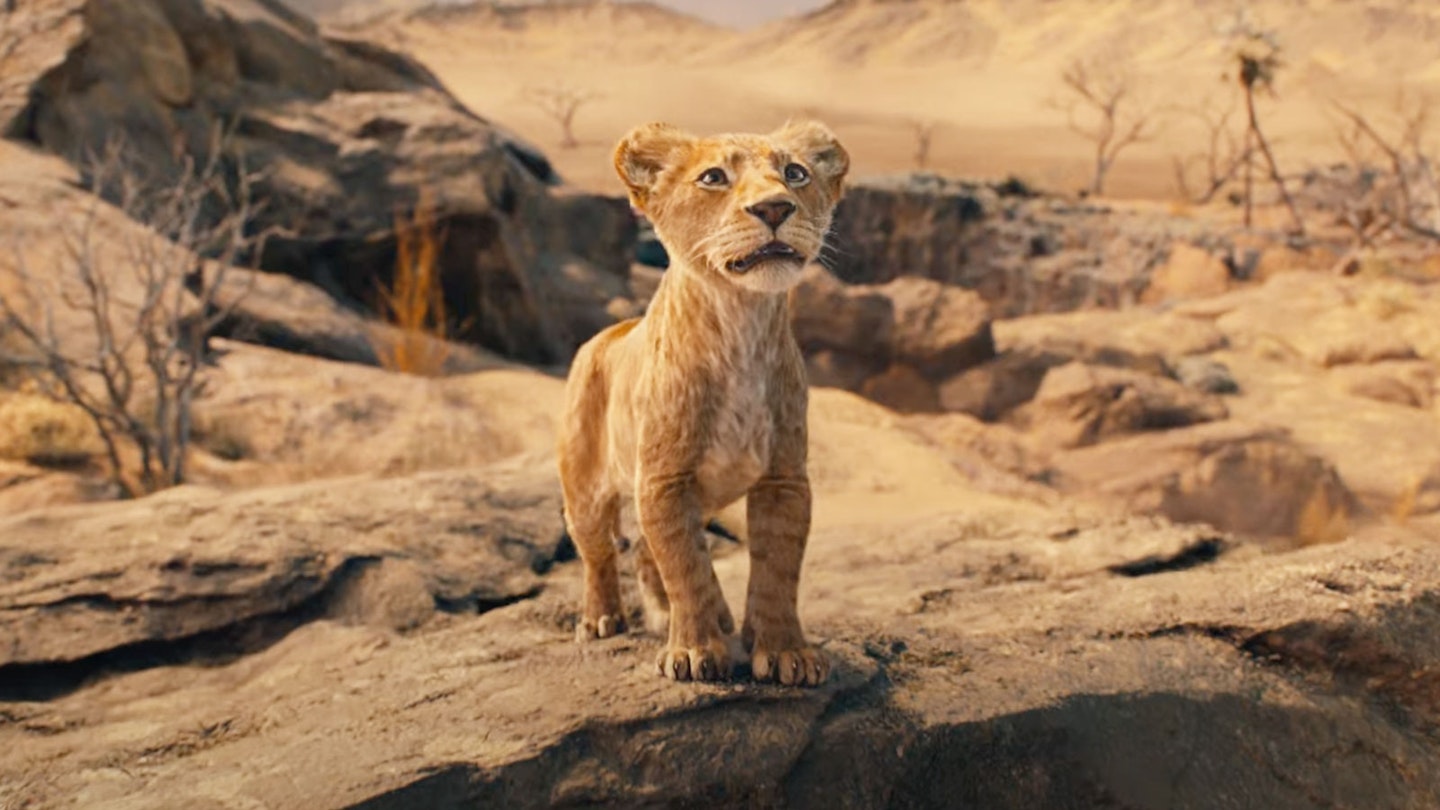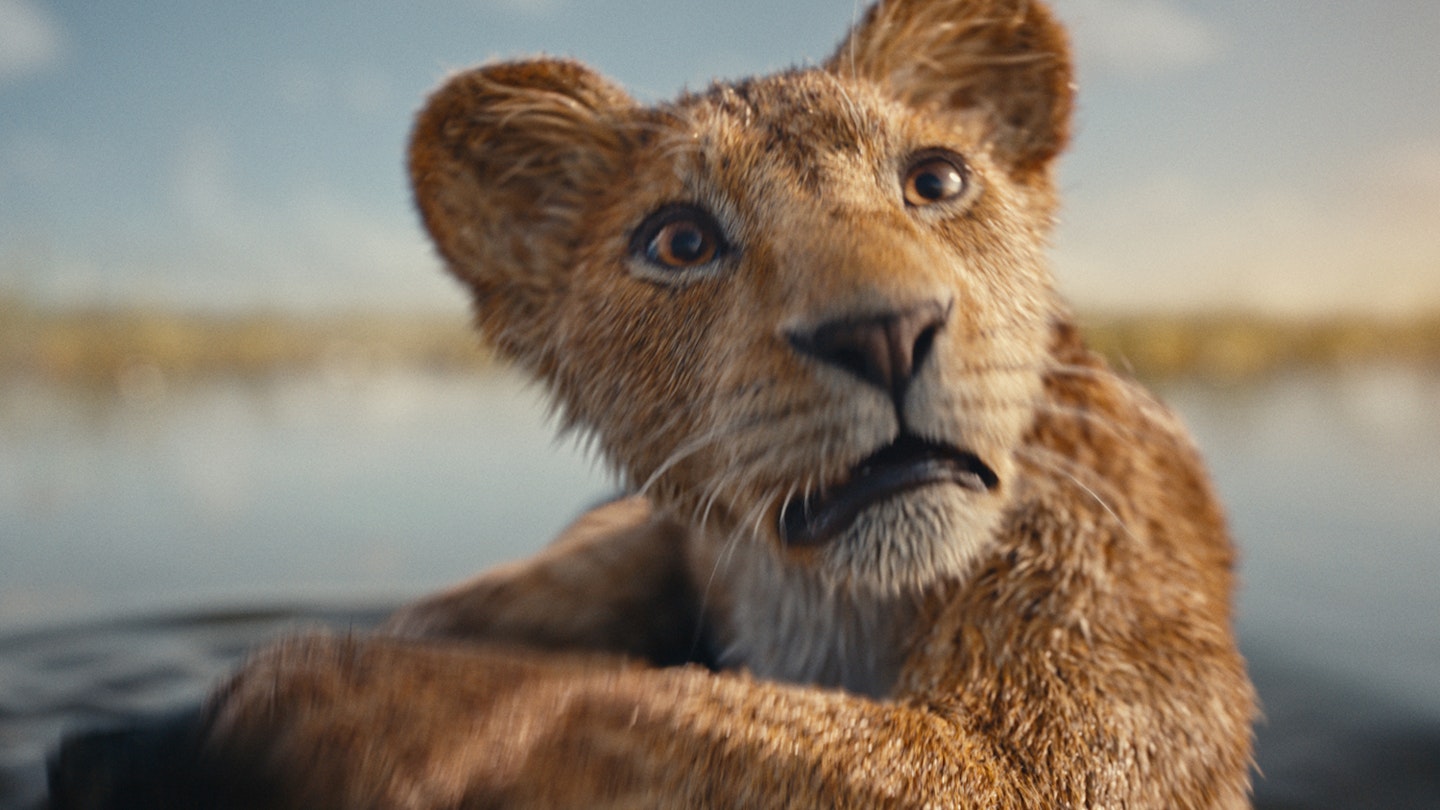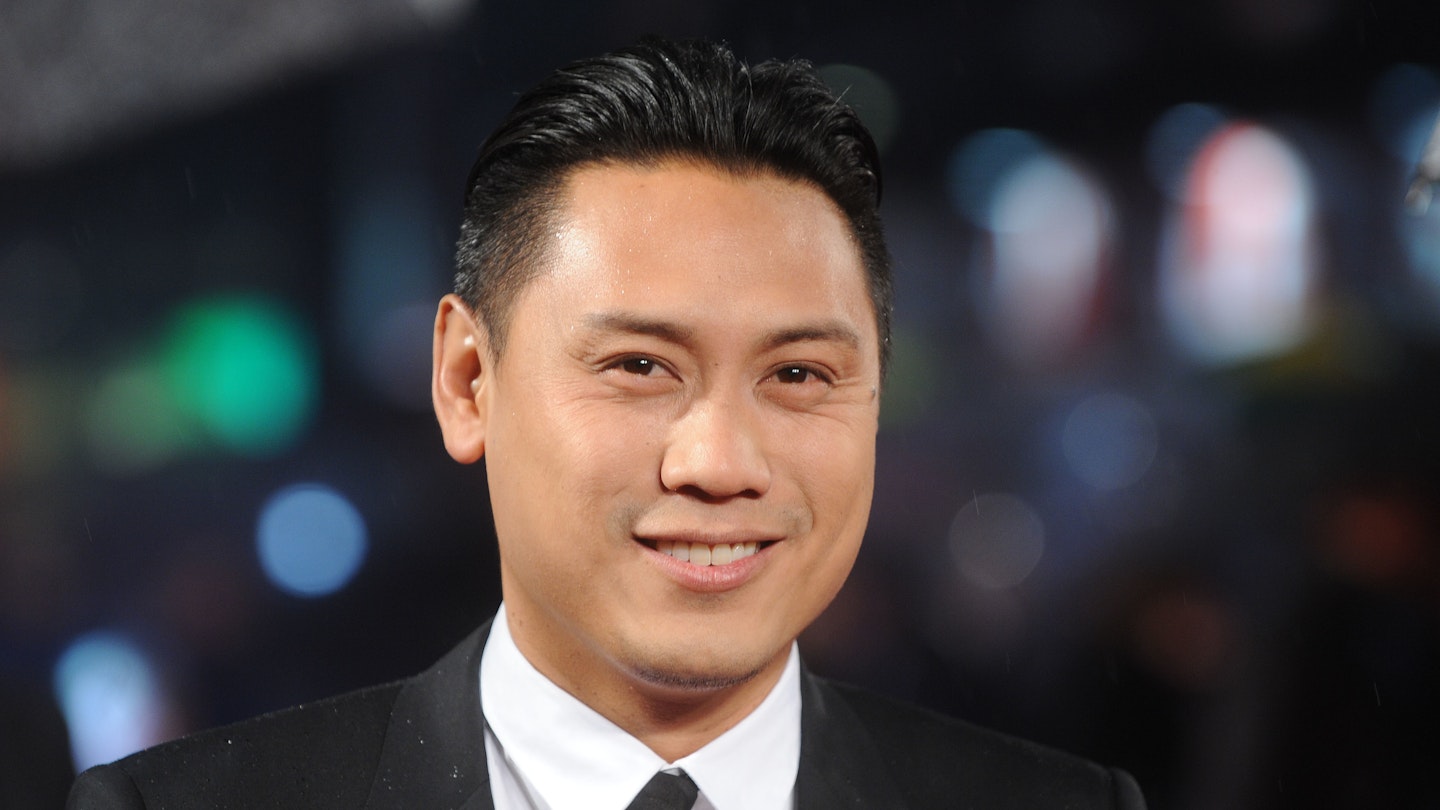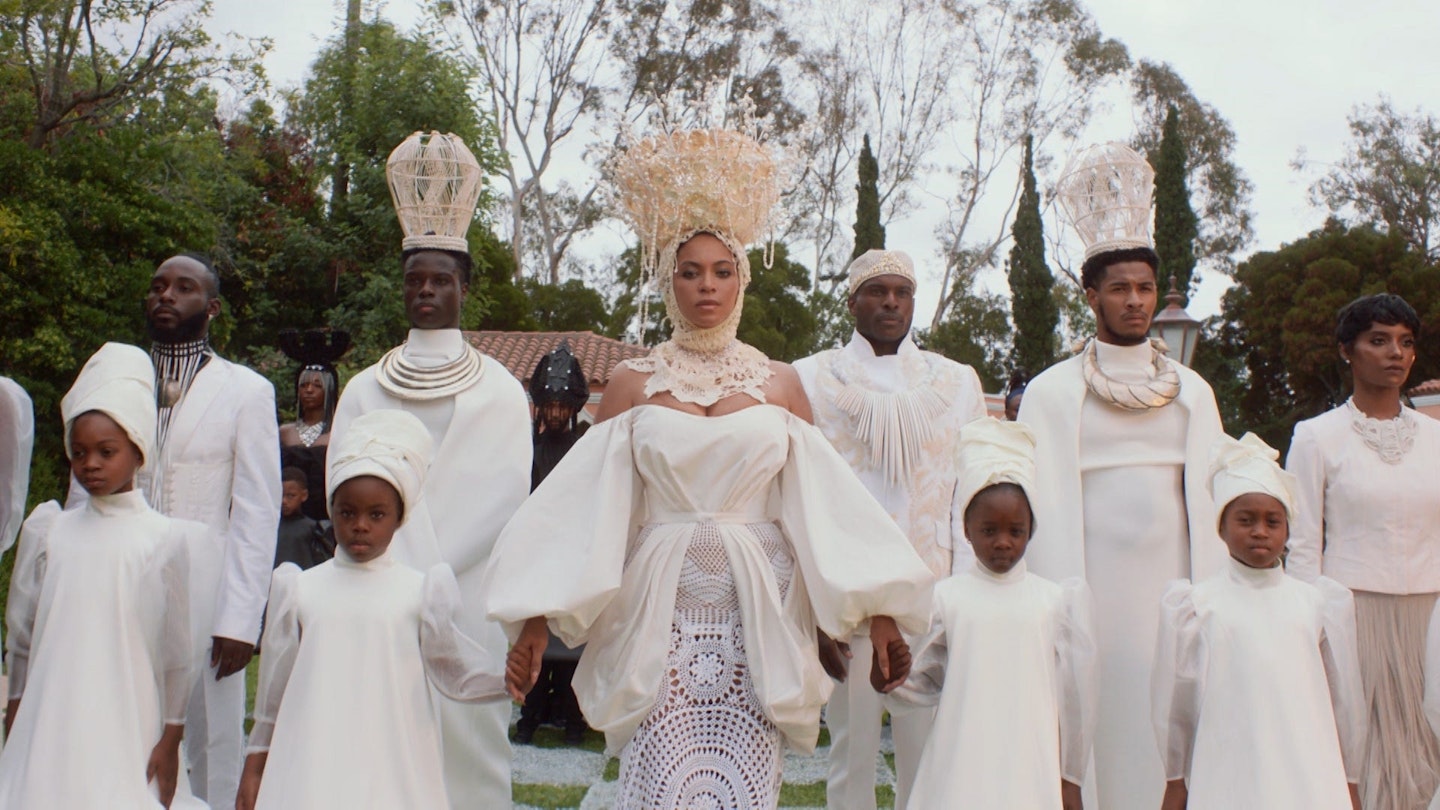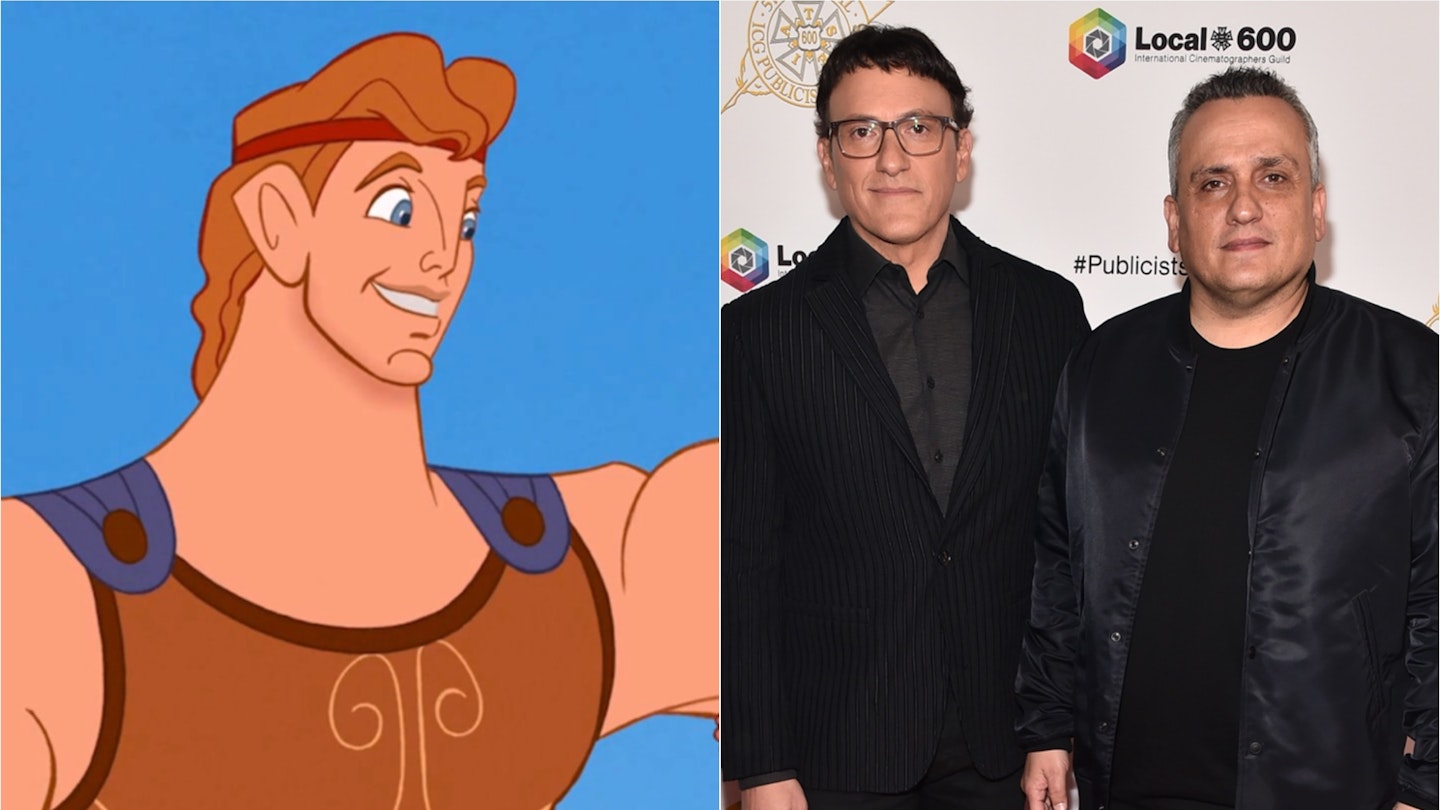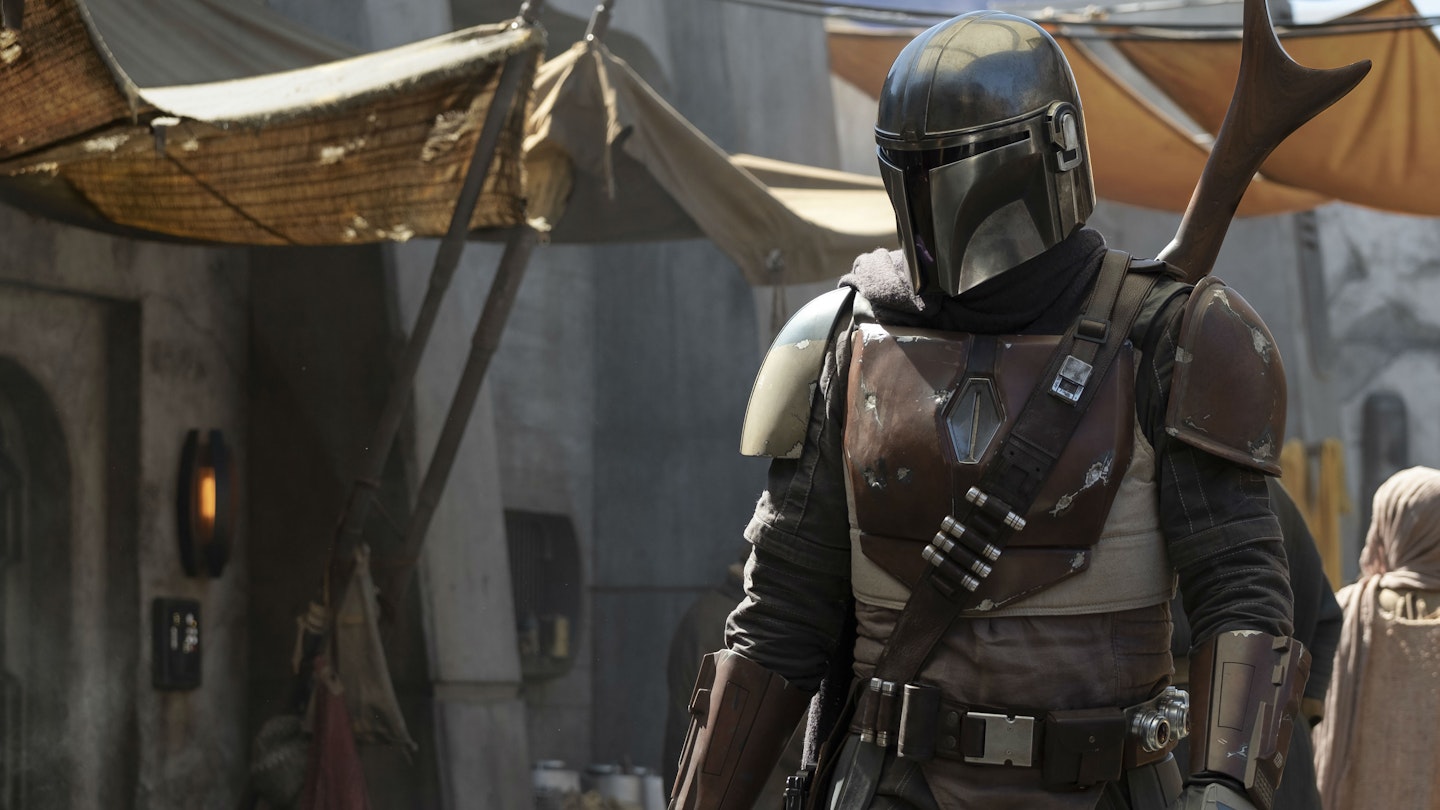Another month, another Disney remake of an animated classic. There are two reasons that this film exists, and neither is because anything was missing from 1994’s furry Hamlet. The first is to show off genuinely dazzling visual effects, technological marvels that give us photo-real animals in an absolutely convincing setting. The second is to showcase the ability of Disney and director Jon Favreau, following 2016’s reimagining of The Jungle Book, to assemble a world-class voice cast. But it’s still not enough to stand shoulder-to-shoulder with the great king of the past.
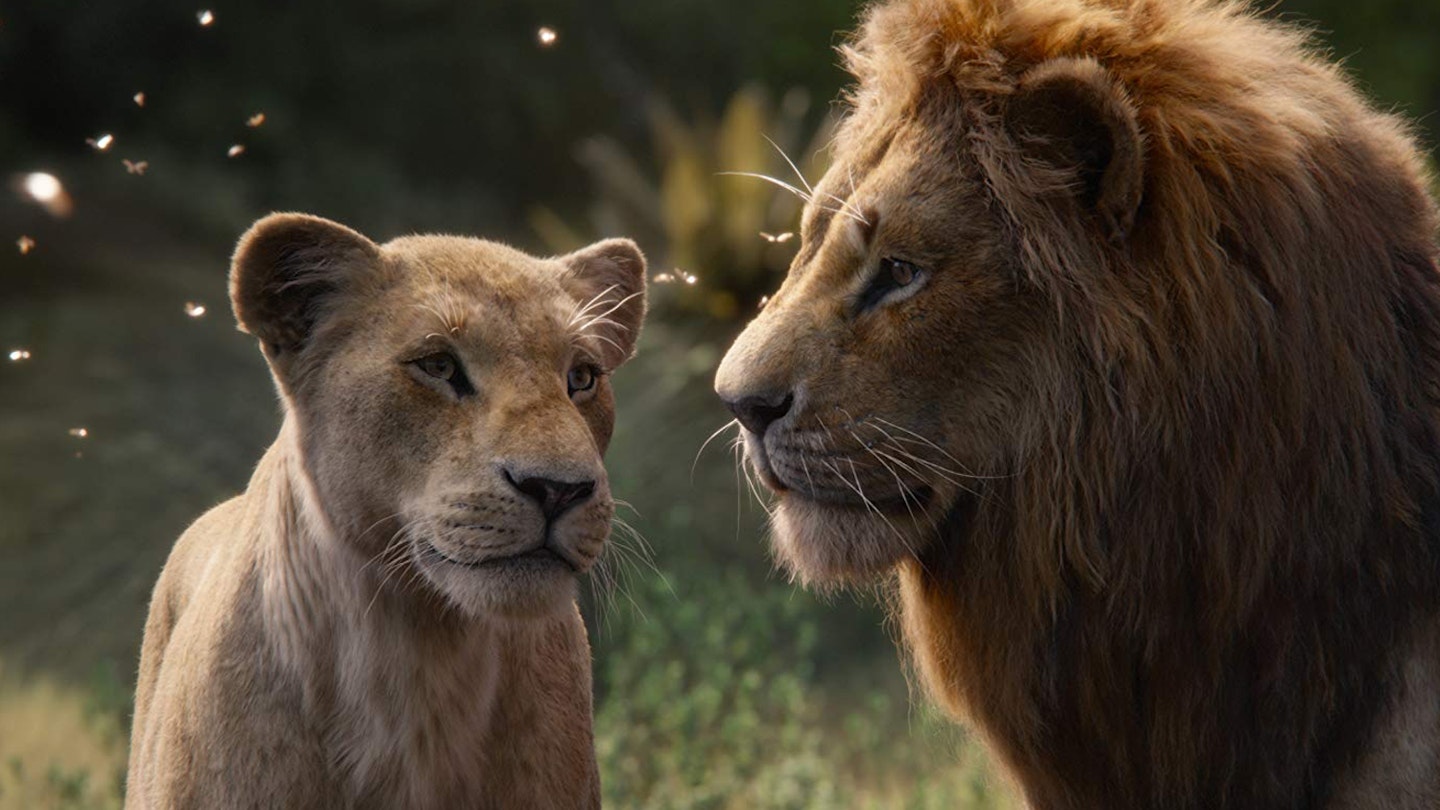
It doesn’t seem right to describe this as "live action", when the visuals were created in the London offices of visual effects wizards MPC. Whatever its category, the immediate and overwhelming impression is so life-like that you expect David Attenborough to start narrating at any moment. Every hair and whisker is in place, every footprint raises a puff of dust. You'll believe that Pride Rock is a real place somewhere in Africa, watching over a landscape kept in careful balance by the stewardship of its great lion king, Mufasa. He is voiced, once again, by James Earl Jones, because some things are sacrosanct even in this mixed-up age. Our hero, Mufasa’s son Simba (JD McCrary; replaced in adulthood by Donald Glover), is just as cute and clumsy as ever as he takes his first steps into the big, wide world.
Beautifully crafted and carefully conceived, without ever entirely justifying its existence.
The big problem with this photo-realism, however, is that animal mouths are not designed for words, and their faces do not express human emotion. What we gain in realism we lose in expression, even in their limpid eyes; it’s distinctly jarring when these cats speak, and even more when they break into song. You can't help but mentally impose the performances of their 2D predecessors and see far more, well, animation in the older characters.
This emotional gap is somewhat covered over by a talented voice cast, with Chiwetel Ejiofor making a bitter yet seductive Scar and John Oliver snarking up a storm as the fussy Zazu. But it's not until Billy Eichner and Seth Rogen rock up as Timon and Pumba, respectively, that the film finds its groove. Favreau gives them their head, and they inject a much-needed shot of humour and energy into all the Shakespearean drama of Pride Rock. For a while they succeed in lifting the pace from a stately big-cat stalk to a full stampede, at least until Simba’s old pal Nala (Beyoncé Knowles-Carter) turns up and drags him back to save the pride from evil uncle Scar’s predations.
It’s all beautifully crafted and carefully conceived, without ever entirely justifying its existence. A few new songs increase the running time and chances of an Oscar, yet mean it sometimes drags before the lost prince returns to reclaim his throne. So, you might feel the love tonight, but perhaps not quite as much as before.
